Note; All products on this site are special products, the market price has been fluctuating, the specific customer service offer shall prevail, because the product is a new product, the picture is not a real shot, please confirm with customer service before placing an order model and product, price and other details, the site used, new are for sale, please contact customer service communication. The
NTCF23 INFI-Net Fiber Optic Communication Terminal
Unit is a high-performance core communication device specially designed for industrial automation systems. As a key component of the ABB INFI-Net distributed control system, it is highly compatible with mainstream industrial control systems such as Symphony Plus and Advant OCS. It enables high-speed, anti-interference data interaction via fiber optic media, connecting scattered control modules, I/O devices, and operation stations to build a plant-wide redundant communication network. This provides stable and secure communication support for large-scale industrial facilities in industries including power, chemical engineering, and metallurgy.
Meanwhile, this terminal unit adopts a reinforced industrial-grade design, supporting multi-mode/single-mode fiber adaptation and dual redundant communication links. It features wide-temperature operation (-40℃~+70℃) and strong electromagnetic interference suppression capabilities, allowing long-term reliable operation in harsh industrial environments. It effectively addresses the pain points of short transmission distance and weak anti-interference ability of cables in industrial sites, and serves as a crucial communication node for realizing "distributed control and centralized management" in industrial systems.
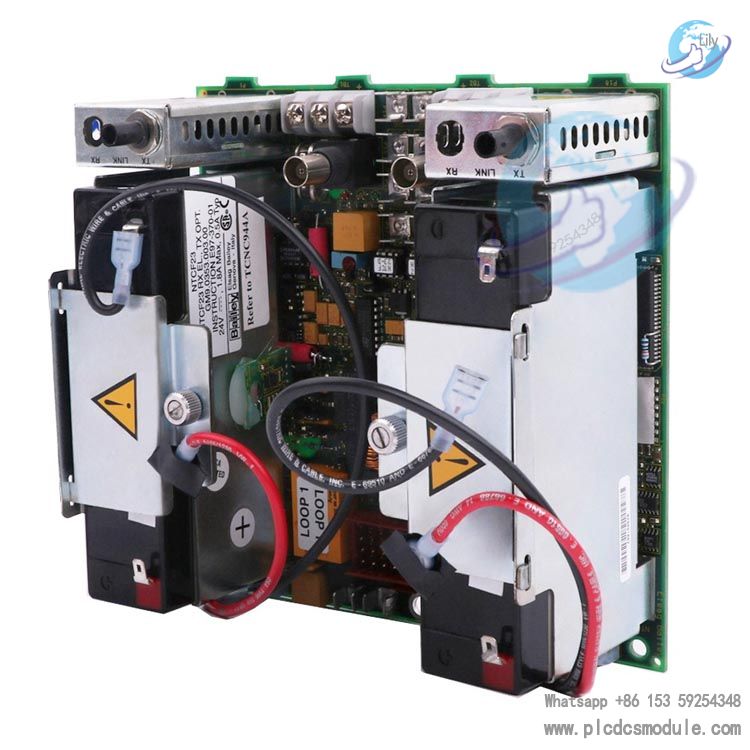
Core Features and Advantages
1. High-Performance Fiber Optic Communication Capability
- High-Speed and Stable Transmission: Supports 100Mbps full-duplex communication rate with a data transmission delay of <1ms, meeting the real-time requirements of industrial control systems (e.g., PLC/DCS signal interaction, operation command issuance). The transmission distance reaches up to 2km for single-mode fiber (500m for multi-mode fiber), far exceeding the range of traditional cables.
- Multi-Fiber Type Compatibility: Compatible with multi-mode fibers (62.5/125μm, 50/125μm) and single-mode fibers (9/125μm), and supports two optional fiber optic interfaces (ST and SC). It can be flexibly selected based on on-site transmission distances without the need for additional conversion modules.
- Error Control and Data Integrity: Built-in with CRC-32 cyclic redundancy check and Automatic Repeat Request (ARQ) mechanism, the data transmission bit error rate is <10⁻¹², ensuring no loss or tampering of key data such as control commands and equipment status.
- Bandwidth Optimization: Supports data frame priority classification (e.g., priority transmission of emergency shutdown commands), avoiding response delays caused by network congestion and ensuring that critical control processes are not affected.
2. High-Reliability Redundant Design
- Dual-Link Redundant Communication: Integrates 2 independent fiber optic communication ports, supporting 1+1 hot redundancy configuration with a redundancy switching time of <50ms. When the primary link fails, it automatically switches to the backup link to ensure uninterrupted communication, achieving a network availability of 99.999%.
- In-Depth Collaboration with INFI-Net System: Seamlessly connects to the ABB INFI-Net ring/bus-type communication network, supporting cascading of up to 32 terminal units to build a large-scale distributed communication architecture. It automatically identifies network topology without manual route configuration, simplifying network deployment.
- Fault Self-Diagnosis and Localization: Real-time monitors fiber link attenuation, port status, and module operating temperature. Fault information (e.g., link interruption, insufficient optical power) is fed back via LED indicators and communication messages. It supports remote query of fault logs for quick localization of problematic nodes.
- Industrial-Grade Hardware Protection: Adopts wide-temperature components (-40℃~+70℃), and the PCB board is coated with conformal coating (complying with IPC-CC-830 Class B standards), featuring moisture, salt spray, and mold resistance to adapt to harsh environments such as outdoor cabinets and high-temperature workshops.
3. Strong Anti-Interference and Environmental Adaptability
- Electromagnetic Compatibility (EMC) Optimization: Passes EN 61000-6-2 (industrial environment immunity) and EN 61000-6-3 (emission, Class B) tests. In scenarios with strong electromagnetic interference (e.g., high-voltage equipment start-stop, motor variable frequency speed regulation), communication performance remains undegraded, with anti-interference capability over 10 times better than that of traditional cable communication.
- Stable Operation at Wide Temperatures: Can start directly in a low-temperature environment of -40℃ and operates without performance derating at a high temperature of 70℃, meeting the long-term operation needs of extreme temperature scenarios such as cold northern regions and high-temperature workshops in southern areas.
- Vibration and Shock Resistance: Complies with IEC 60068-2-6 (vibration: 5Hz~150Hz, 2g acceleration) and IEC 60068-2-27 (shock: 18ms, 30g acceleration) standards, and can be installed beside high-vibration industrial equipment such as rolling mills and fans.
4. Flexible Deployment and Operation & Maintenance
- Standardized Installation Design: With dimensions of 120mm×80mm×30mm (width × height × depth), it supports 35mm DIN rail installation or panel-embedded installation (opening size: 100mm×60mm), adapting to most industrial control cabinets and reducing installation time by 30%.
- Intuitive Status Monitoring: Equipped with 6 LED indicators on the front panel, which display power status (green), primary link communication (green), backup link communication (yellow), and fault alarm (red) in real time, allowing on-site personnel to quickly determine the equipment operating status.
- Convenient Debugging Tools: Compatible with ABB INFI-Net Configurator software, supporting remote configuration of network parameters (e.g., IP address, link priority, redundancy mode) via RS485 debugging interface or Ethernet, eliminating the need for on-site equipment disassembly and reducing operation & maintenance costs.
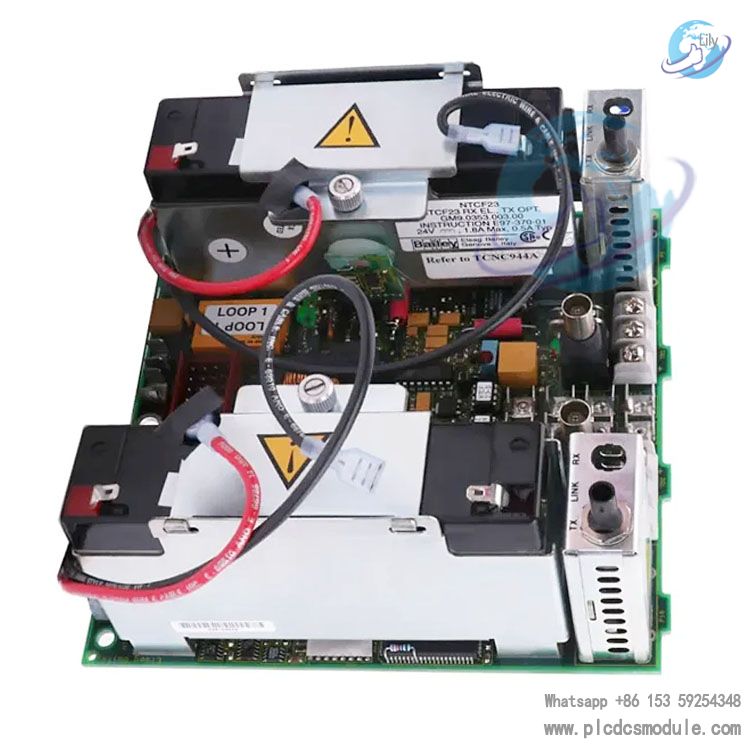
Application Scenarios
With its high stability and long-distance transmission capability, the ABB NTCF23 INFI-Net Fiber Optic Communication Terminal Unit is widely used in large-scale industrial distributed systems:
- Power Industry: Enables communication between distributed I/O units and DCS master stations in thermal power plants/hydropower stations, covering long-distance equipment such as boilers, steam turbines, and substations.
- Chemical Industry: Facilitates data interaction between remote monitoring equipment (for reactors and tank farms) and central control rooms in large chemical plants, withstanding strong electromagnetic interference in workshops.
- Metallurgical Industry: Realizes interconnection of distributed PLCs in rolling mill production lines and blast furnace control systems of iron and steel plants, adapting to high-temperature and high-vibration environments.
- Oil and Gas Industry: Serves as a communication link between oil drilling platforms and onshore control centers, achieving stable data transmission within 2km via single-mode fiber.
- Water Treatment Industry: Supports communication between remote I/O (for various process sections like aeration, sedimentation, and disinfection) and central control systems in sewage treatment plants, solving the problems of large plant area and scattered equipment.
Customers who purchased this product are also browsing the following products:
ABB UUD148AE01 3BHE014185R0001 Current Transducer Control Board
ABB XV C772 A101 3BHE032285R0101 HVD- BOARD
HONEYWELL FC-SDIL-1608 loop-monitored digital input module
GE RS-FS-9001 362A1052P104 Universal flame detector
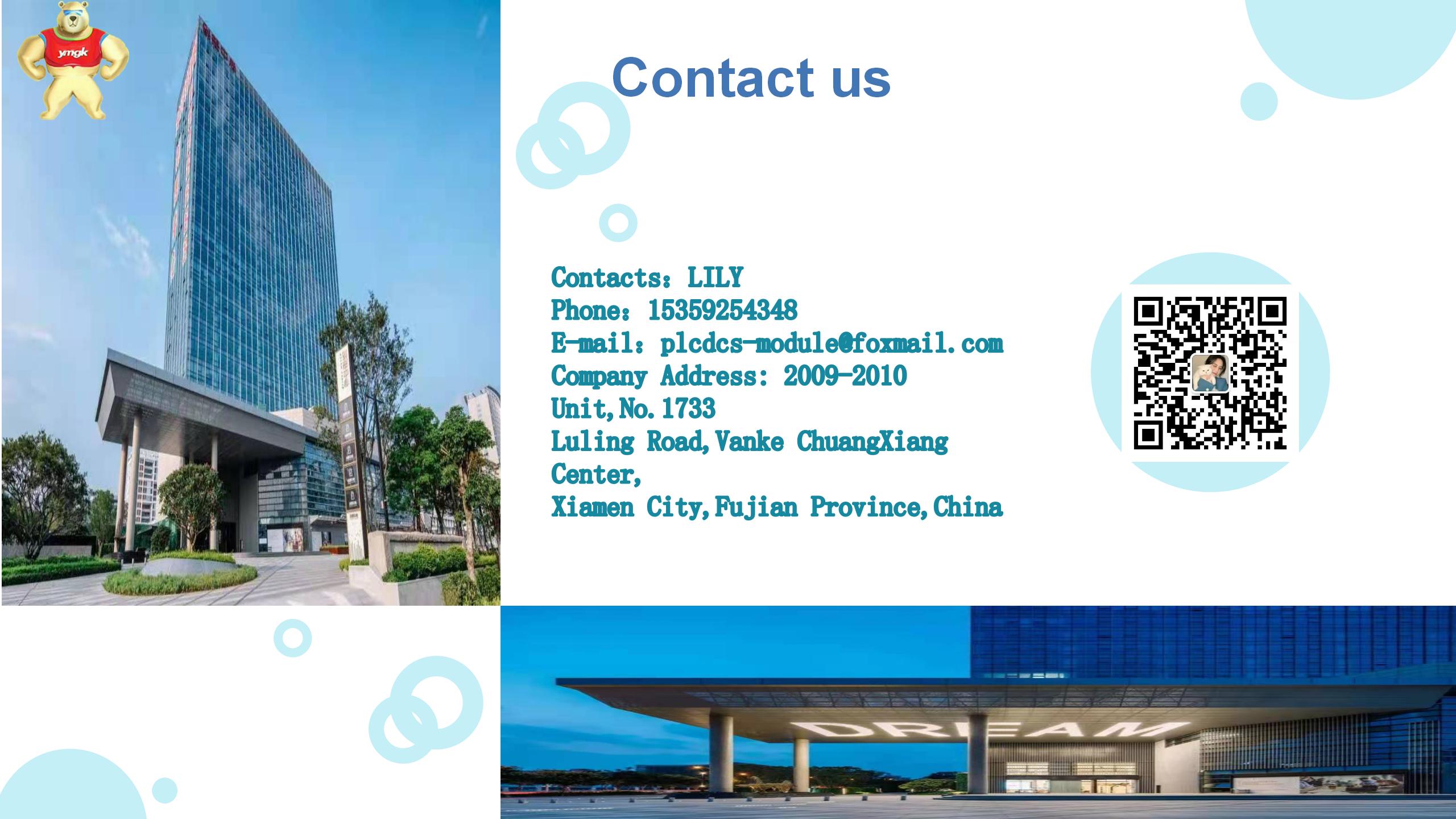







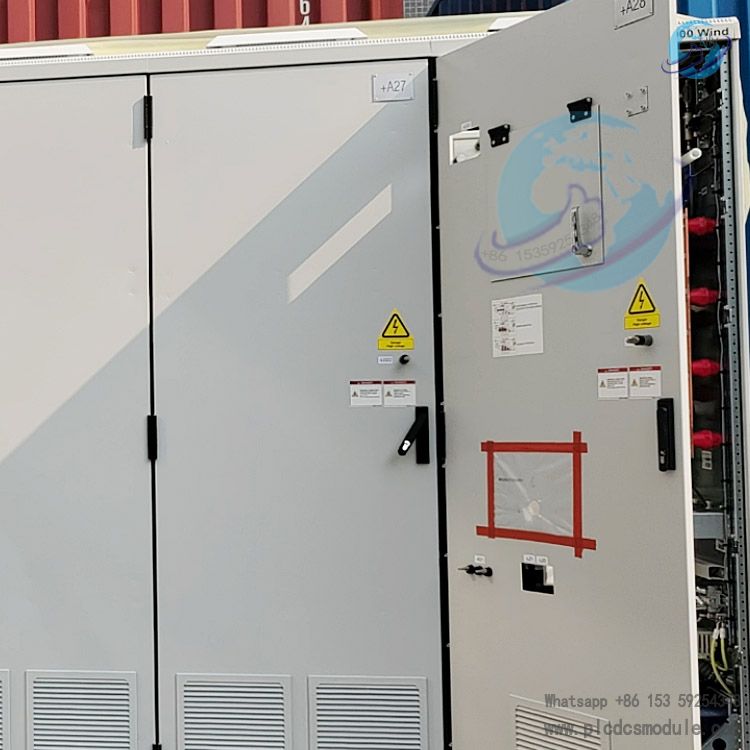

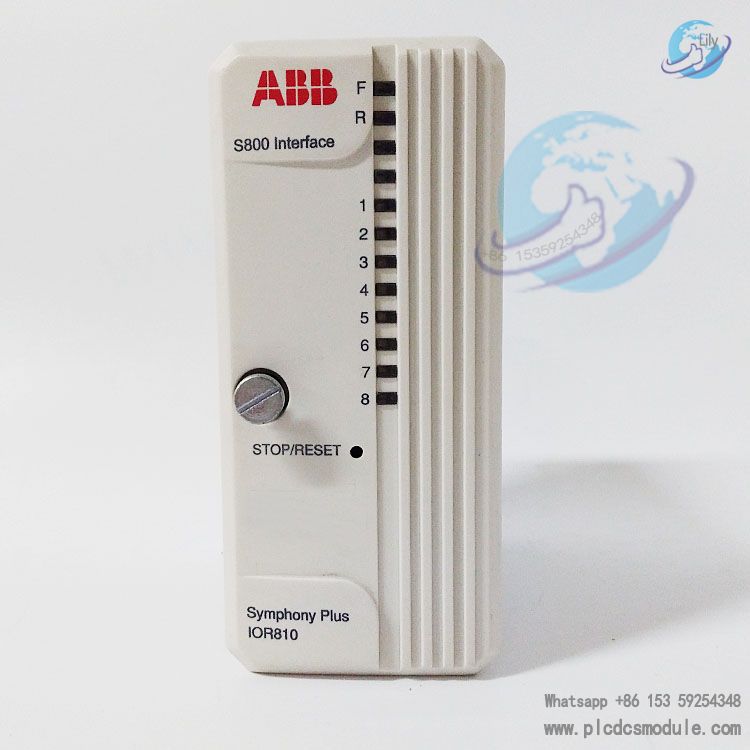
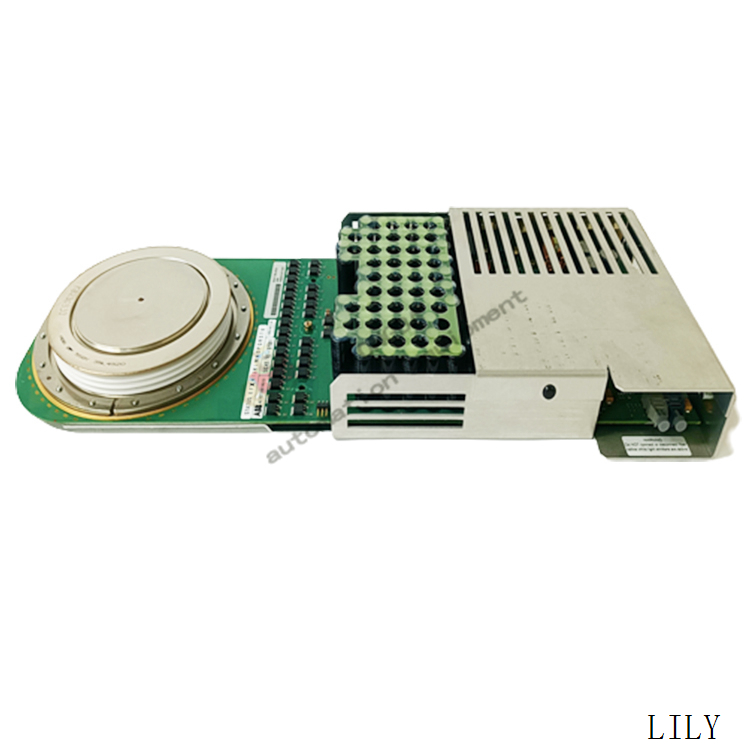


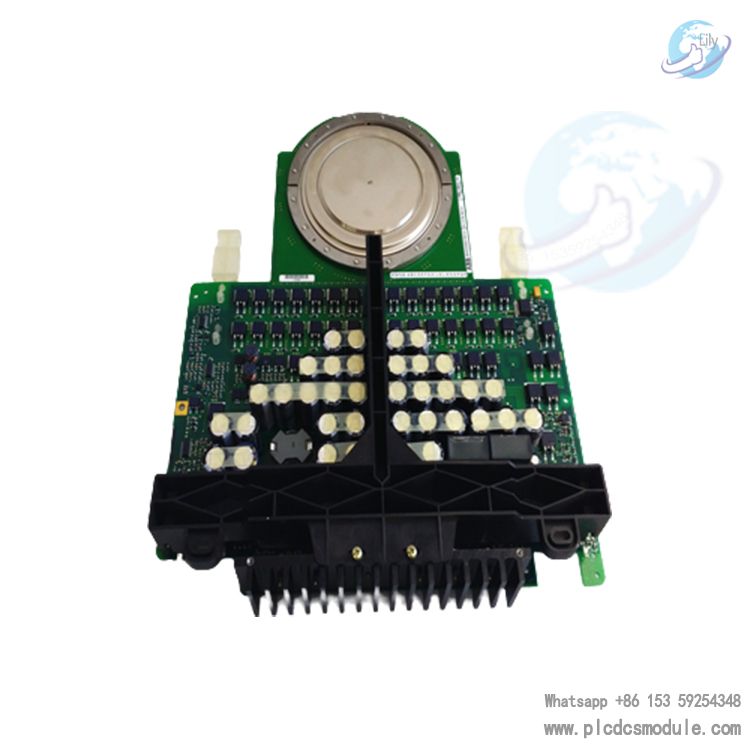
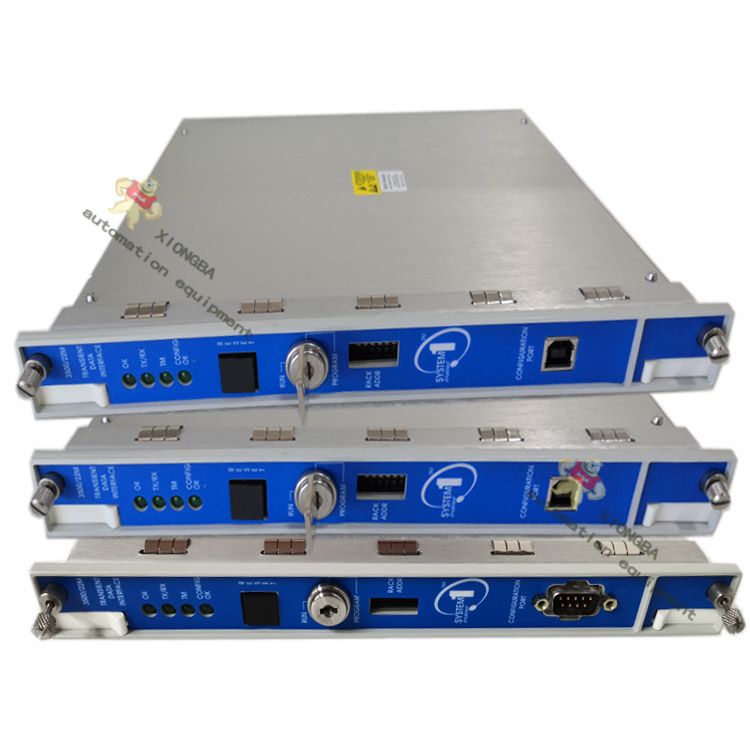
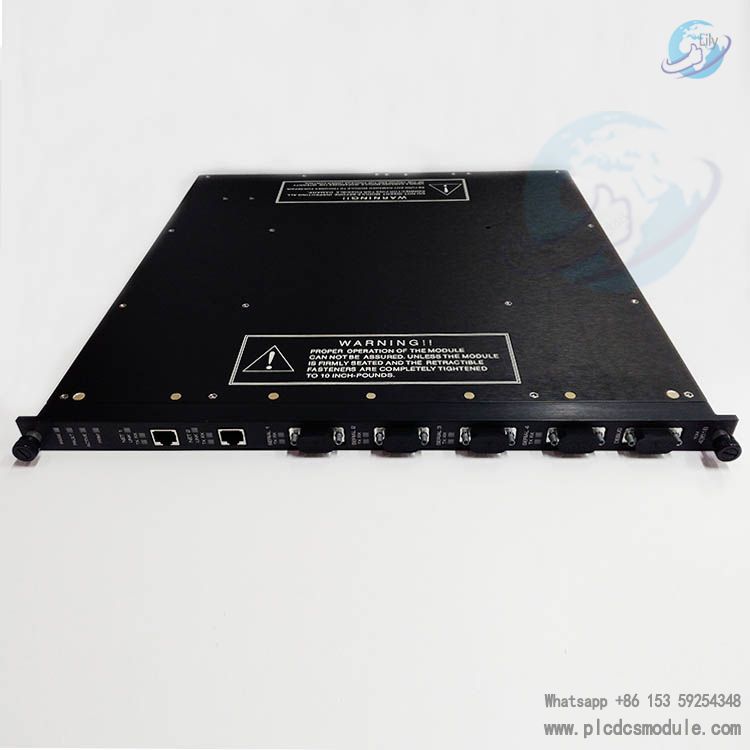
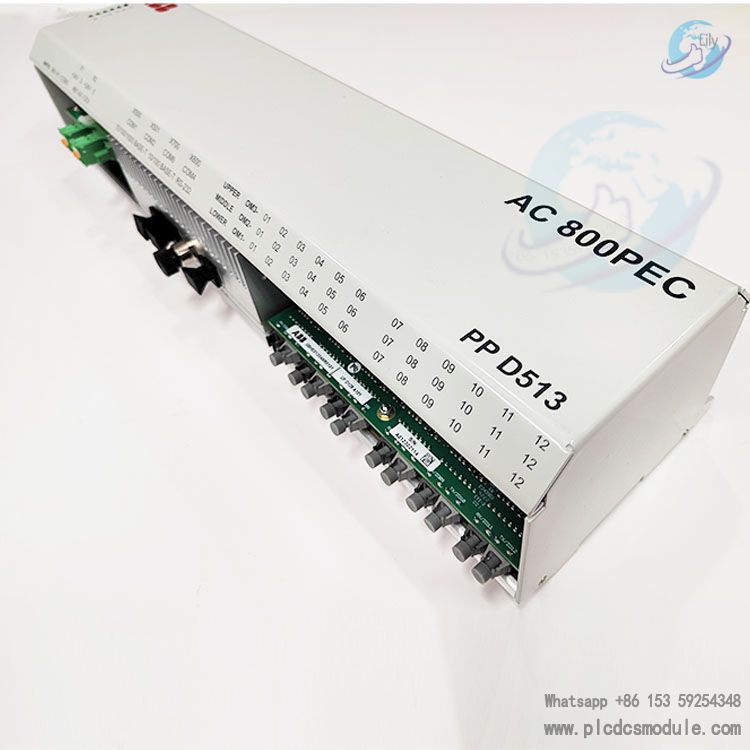
 3005319639
3005319639